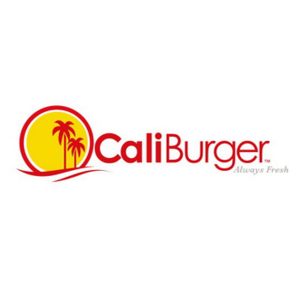What is an SPV or RUV?
Disclaimer: This post discusses general legal issues, but it does not constitute legal advice in any respect. This post is not a substitute for legal advice and is intended to generate discussion of various issues. No reader should act or refrain from acting on the basis of any information presented herein without seeking the advice of counsel. Cara Stone, LLP and the author expressly disclaim all liability with respect to any actions taken or not taken based on any content of this post. The views expressed herein are personal opinion.
As startup founders begin the fundraising process, especially as they get to their Series A round and later, they may run into the concept of SPVs or RUVs. SPV generally stands for a special purpose vehicle. RUV generally stands for a roll up vehicle.
Startups and investors use these vehicles to consolidate many different individual check writers into a single entity for a deal or a transaction. SPVs and RUVs are becoming increasingly common in angel and venture capital. A company may set up an SPV or RUV to simplify the cap table, and investors may opt into an SPV when one lead investor is the primary contact on the deal.
While people commonly refer to SPVs and RUVs as “vehicles,” they are their own company. Generally, people set up SPVs and RUVs as LLCs or partnership agreements. The vehicles are governed by an operating agreement and managed by the terms set out in the operating agreement.
We’ve gathered the essential information about SPVs and RUVs. Check it out here.
Disclaimer: This post discusses general legal issues, but it does not constitute legal advice in any respect. This post is not a substitute for legal advice and is intended to generate discussion of various issues. No reader should act or refrain from acting on the basis of any information presented herein without seeking the advice of counsel. Cara Stone, LLP and the author expressly disclaim all liability with respect to any actions taken or not taken based on any content of this post. The views expressed herein are personal opinion.
As startup founders begin the fundraising process, especially as they get to their Series A round and later, they may run into the concept of SPVs or RUVs. SPV generally stands for a special purpose vehicle. RUV generally stands for a roll up vehicle.
Startups and investors use these vehicles to consolidate many different individual check writers into a single entity for a deal or a transaction. SPVs and RUVs are becoming increasingly common in angel and venture capital. A company may set up an SPV or RUV to simplify the cap table, and investors may opt into an SPV when one lead investor is the primary contact on the deal.
While people commonly refer to SPVs and RUVs as “vehicles,” they are their own company. Generally, people set up SPVs and RUVs as LLCs or partnership agreements. The vehicles are governed by an operating agreement and managed by the terms set out in the operating agreement.
We’ve gathered the essential information about SPVs and RUVs. Check it out here.
























